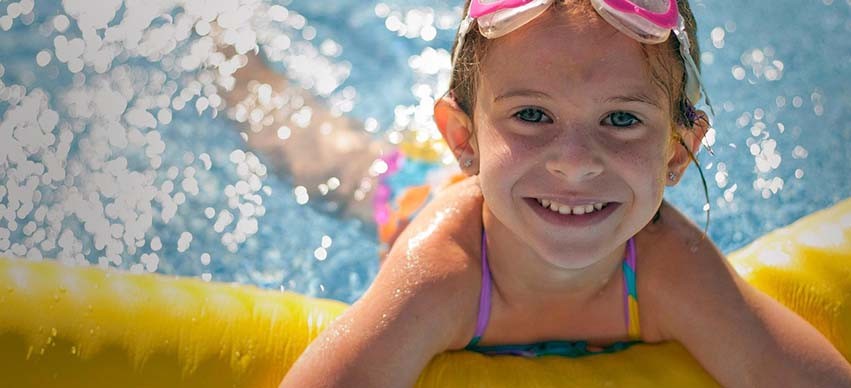What Comprehensive Oral Care Really Looks Like in Modern Den..
11 Min Read


Summer is a great time to go out and have fun in the water. But recreational waters-including swimming pools, lakes and oceans-can sometimes get contaminated with bacteria and viruses. Swimming in contaminated water can make you and your family sick.
The most common illnesses caused by contaminated water are stomach and intestinal upsets, usually with vomiting or diarrhea. You can pick up these conditions at the beach or even at properly treated swimming pools, because chlorine doesn’t kill germs right away. Sometimes people don’t even realize that they got sick from swimming, because it can take 1 to 3 days for symptoms to appear. Most of these illnesses aren’t dangerous, and they go away in a few days. But they sure can put a kink in your summer plans.
Natural water sources, including lakes, rivers and oceans, often get contaminated from storm water runoff. As rain water flows over places like parks, lawns and farms, it can pick up bacteria and viruses from animal feces. Then the water collects in storm drains and can be exposed to leaky underground sewage pipes. Eventually, the water flows out to the beach.
“We find that the storm water that’s released to beach areas is extremely contaminated,†says Dr. Sandra McLellan, an NIH-funded researcher at the University of Wisconsin-Milwaukee. Her laboratory tracks the sources of water contamination. “Let’s find the sources, let’s remove the sources, and then we’ll have a cleaner beach overall,†she says.
Lake and ocean water near storm-water outfall pipes-the places where drains or sewers release their contents-tends to be calm, shallow and warm. These conditions may seem perfect for little kids, but it’s also an ideal home for bacteria and viruses. “Don’t play near the storm-water outfall pipes,†McLellan warns. And if it’s rained in the last 24 hours, check the beach posting signs to see if it’s safe to go in the water.

Many popular public beaches get tested regularly for contamination. Health departments usually look for certain types of bacteria that are common in sewage. If the count of these bacteria is higher than the recommended limit set by the U.S. Environmental Protection Agency (EPA), that means at least 1 in every 50 swimmers is likely to get sick. Usually, health departments will close the beach until it’s clean again.
Dr. Rachel Noble, a researcher at the University of North Carolina in Chapel Hill, studies bacteria that hang out naturally in coastal waters. Some of these bacteria, including a few Vibrio species, are especially dangerous for people with certain medical conditions, such as diabetes or liver disease. “If you have a compromised immune system and you get a Vibrio infection, those are going to be very serious,†Noble says. The infections might even be deadly. If you have a medical condition that affects your immune system, talk to your doctor before heading for the water.
Our shared oceans and lakes are great for fun and relaxation. But our habits on land affect the quality of these precious resources. “Doing small things, like picking up after your dog and recycling your oil, really makes a difference,†says Noble. Find out where the storm water goes in your area. With a little knowledge, you can enjoy the water this summer-and stay healthy too!
From NIH - News in Health